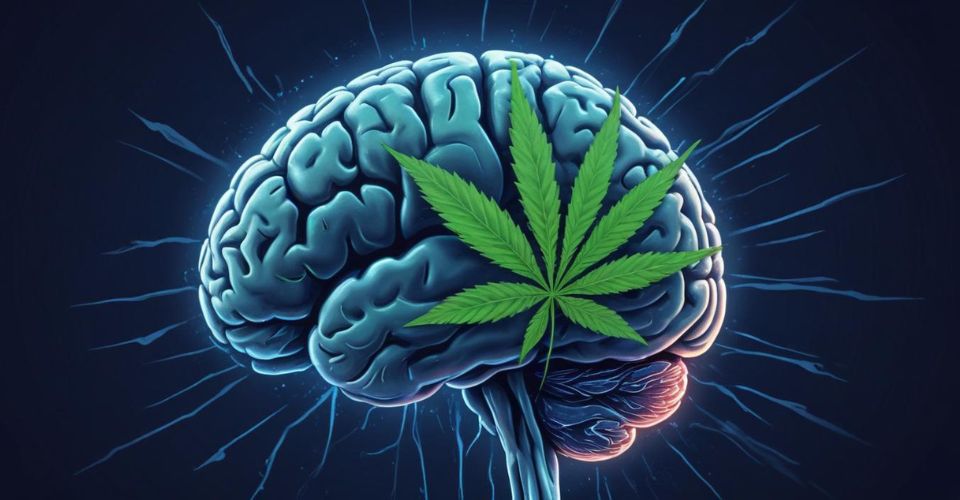- Mental health awareness and psychoeducation play a crucial role in combating the stigma of a schizophrenia diagnosis through timely diagnosis.
- Early interventions for schizophrenia lead to better long-term outcomes and a reduced relapse rate for schizophrenia.
Schizophrenia is a complex and relatively rare mental health disorder that affects approximately 1% of the global population. It is considered the most misunderstood disorder and one with the most relapse rate following substance use disorder (SUD).
Experts attribute this lack of insight into schizophrenia to the stigmatization of its diagnosis. Therefore, understanding the nature of schizophrenia is the first step toward its accurate diagnosis and effective treatment.
Challenges To Schizophrenia Diagnosis
Diagnosing schizophrenia can be challenging due to several obstacles. First, there is no definitive medical test or imaging technique to diagnose the disorder. Diagnosis relies on clinical assessment and this subjective nature of diagnosis can lead to variations among healthcare professionals and may result in misdiagnosis or delayed diagnosis.
Moreover, the symptoms of schizophrenia can be similar to those of other mental health conditions, such as bipolar disorder or major depressive disorder. This overlap in symptoms can further complicate the diagnostic process, making it difficult to differentiate between different disorders accurately.
Additionally, individuals with schizophrenia often experience a lack of insight into their condition, known as anosognosia. This lack of awareness (added to the stigmatization and misunderstanding of schizophrenia) can hinder the recognition of symptoms by the affected individuals themselves, making it challenging for them to seek help or cooperate with the diagnostic process.
The Stigma Of A Schizophrenia Diagnosis
Schizophrenia diagnosis carries a significant stigma. This mental health condition is often misunderstood and associated with negative stereotypes linked to violence and dangerous behavior. Individuals diagnosed with schizophrenia may face discrimination, isolation, and judgment from society.
The stigma surrounding schizophrenia can lead to social exclusion, limited opportunities, and difficulties in personal relationships. This stigma reinforces misconceptions and hinders efforts to promote understanding, empathy, and support for those living with schizophrenia.
For instance, Speaking on this stigma of a schizophrenia diagnosis, Virginia Low—who founded the award-winning UK-based charity Stuart Low Trust (SLT) in the memory of her son who committed suicide after his diagnosis with schizophrenia—said: “It’s ‘otherness’ that people seem to fear … and schizophrenia – people associate it with murderers, with violent, out-of-control people, and Stuart was never like that. Most people with a diagnosis of schizophrenia are never like that. But it’s a hard label to overcome.”
The Consequences Of Schizophrenia Misdiagnosis
Misdiagnosis of schizophrenia can have severe consequences for both patients and healthcare systems. Misdiagnosed individuals may receive inappropriate treatments, leading to adverse effects and worsening their condition. For example, prescribing antidepressants to someone misdiagnosed with major depressive disorder instead of schizophrenia can potentially trigger a manic episode in the case of underlying bipolar disorder.
Furthermore, a delayed or incorrect schizophrenia diagnosis can delay the initiation of appropriate treatment. Early intervention is crucial for improving outcomes in schizophrenia and, without proper diagnosis and treatment, individuals with schizophrenia may experience further deterioration of their symptoms and functioning, reducing their overall quality of life.
Can Timely Schizophrenia Diagnosis Combat Relapse Rates?
A timely diagnosis of schizophrenia is crucial for improving treatment outcomes. Early intervention allows for the implementation of appropriate, psychotherapeutic, pharmacological, and psychosocial interventions, which can help manage symptoms and improve functioning. These interventions focus on enhancing coping skills, improving social functioning, and promoting recovery.
Additionally, timely diagnosis enables individuals with schizophrenia to access community resources, support networks, and education about their condition. This promotes awareness about the disorder, reduces the ill effects associated with the stigma of a schizophrenia diagnosis, and provides accessible mental health services.
Furthermore, early intervention in schizophrenia has been associated with better long-term outcomes, including improved occupational functioning, reduced hospitalizations, and enhanced quality of life.
By promptly diagnosing and treating schizophrenia, healthcare systems can increase the effectiveness of these interventions and mitigate the burden on patients and their families. This approach also reduces the economic costs associated with preventing relapses and long-term disability in people with schizophrenia.
Know More About –
Related Articles –
- Schizophrenia Test: If You Can See Through These Optical Illusions You Might Have Schizotypy Traits
- 4 Optical Illusions That Can Predict Schizophrenia
- Schizoid Personality Disorder: What It Is And How To Treat It




























